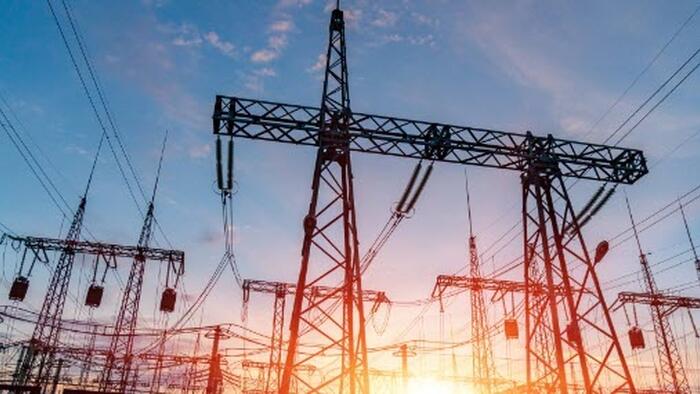


As if the relatively affluent needed another reason to escape California... If you earn more, you pay more.
That's the bottom-line impact on your electricity bill if a proposal from California’s three largest power companies is passed.
As KTLA5 reports, Southern California Edison, Pacific Gas & Electric, and San Diego Gas & Electric submitted a joint proposal to the state’s Public Utilities Commission last week that outlines the new rate structure. It follows last year’s passage of Assembly Bill 205 which requires a fixed rate and generally simpler bills.
The plan would break monthly bills in two parts: The fixed-income rate, plus a reduced usage charge based on consumption.
Under the proposal, the fixed charges increase as follows:
Southern California Edison says approximately 1.2 million of its lower-income customers will see their bills drop by 16%-21%.
“We have listened to and heard from our customers that fundamental change is needed to provide bill relief,” SDG&E CEO Caroline Winn said in a statement.
So 'some folks' want energy bill relief... so the wealthy will have to pay their 'fair-er share' for the same power consumption.
“When we were putting together the reform proposal, front and center in our mind were customers who live paycheck to paycheck, who struggle to pay for essentials such as energy, housing and food.”
Of course, this is being directed from the top-down...
The income-based bill proposal is part of the companies' compliance with legislation passed by the California state government last year requiring these types of plans for utilities.
Ironically, it is only the relatively affluent (we use that term because what is 'poor' in California is likely a considerably wealthier situation in most other US states) are the only residents of California that can afford an electric vehicle (which the state is demanding everyone transition to within the next few years) and thus ave higher electricity power demands broadly speaking.
